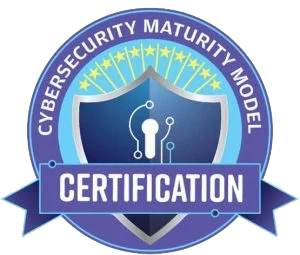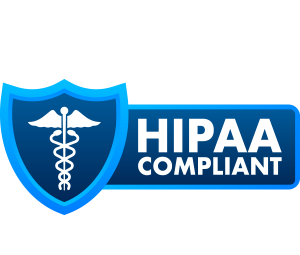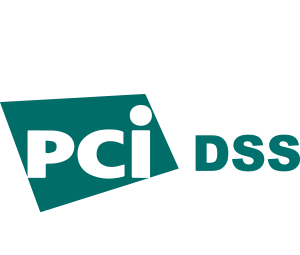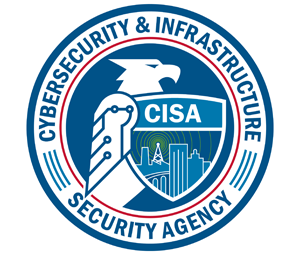We give you a deep understanding of your cybersecurity health. We give you both a high level understanding of your risks and a detailed description of what risks need mitigating.
What is a Cybersecurity Risk Assessment
Cybersecurity threats
Cybersecurity threats present a substantial risk to a company’s operational continuity and financial health.
In safeguarding the enterprise, firms deploy an array of cybersecurity measures aimed at recognizing, pinpointing, and thwarting diverse threats.
One Hour Risk Assessment is the quickest way to complete your yearly cybersecurity risk assessment.
One Hour Risk Assessment is the quickest way to complete your yearly cybersecurity risk assessment.
Our scanning tools and scoring data will simply give you the best results.

By conducting regular cybersecurity risk assessments, organizations can better understand their cybersecurity posture, prioritize their resources and investments, and effectively manage and mitigate cybersecurity risks to protect their sensitive information and assets.
Building the Roadmap

How to Use Your Assessment
You can then use your assessment to create a roadmap for your cybersecurity program or cycle it internally.
If you have an outside vendor, this will give you an opportunity to evaluate them.
In More Detail
A cybersecurity risk assessment is a systematic process used to identify, analyze, and evaluate potential threats and vulnerabilities that could compromise the security of your organization’s digital assets, including it’s information systems, networks, and data.
“The primary goal of a cybersecurity risk assessment is to understand the level of risk exposure faced by an organization and to develop strategies to mitigate these risks effectively.”
Peter ClayCEO, The Risk Foundry
Our automated process involves several key steps:
Asset Identification
Identifying all the assets within the organization’s digital infrastructure, including hardware, software, data, networks, and personnel.
01
Threat Identification
Identifying and analyzing potential threats that could exploit vulnerabilities within the organization’s digital infrastructure. Threats could include malicious actors such as hackers, malware, insider threats, natural disasters, and other environmental factors.
02
Vulnerability Assessment
Assessing the vulnerabilities present in the organization’s digital infrastructure that could be exploited by identified threats. This includes weaknesses in software, configurations, access controls, and human factors
03
Risk Analysis
Analyzing the likelihood and potential impact of each identified threat exploiting vulnerabilities. This involves assigning risk levels to each threat and vulnerability combination based on factors such as likelihood, impact, and severity.
04
Risk Evaluation
Evaluating the overall level of risk faced by the organization based on the findings of the risk analysis. This involves determining the acceptable level of risk and comparing it to the actual level of risk identified.
05
Risk Treatment
Developing and implementing strategies to mitigate identified risks effectively. This may include implementing security controls, policies, procedures, and technical solutions to reduce the likelihood and impact of potential cybersecurity incidents.
06
Monitoring and Review
Continuously monitoring the organization’s digital infrastructure for new threats and vulnerabilities and periodically reviewing and updating the risk assessment to ensure its accuracy and relevance over time.
07
The Process Varies Depending on the Type of Assessment
Unfortunately, there’s no universally accepted security protocol. However, we model our program on the core components of risk assessment in order to provide the most accurate and holistic approach to organizational security.
The bottom line is that everyone has a different take on what your assessment should look like, but the vast majority are either extremely similar or completely identical.
The Final Word
By conducting regular cybersecurity risk assessments, organizations can better understand their cybersecurity posture, prioritize their resources and investments, and effectively manage and mitigate cybersecurity risks to protect their sensitive information and assets.

CMMC
U.S. DoD Cybersecurity Maturity Model Certification

HIPAA
Health Insurance Portability and Accountability Act

PCI DSS 4
Payment Card Industry Data Security Standard v4.0

SEC
U.S. Securities and Exchange Commission Assessment

GBLA
Gramm-Leach-Bliley Act & 2023 Safeguards Assessment

NIST
National Institute of Standards and Technology

ESSENTIAL EIGHT
Australian Signals Directorate
(ASD)

CISA
Cybersecurity and Infrastructure Security Agency

